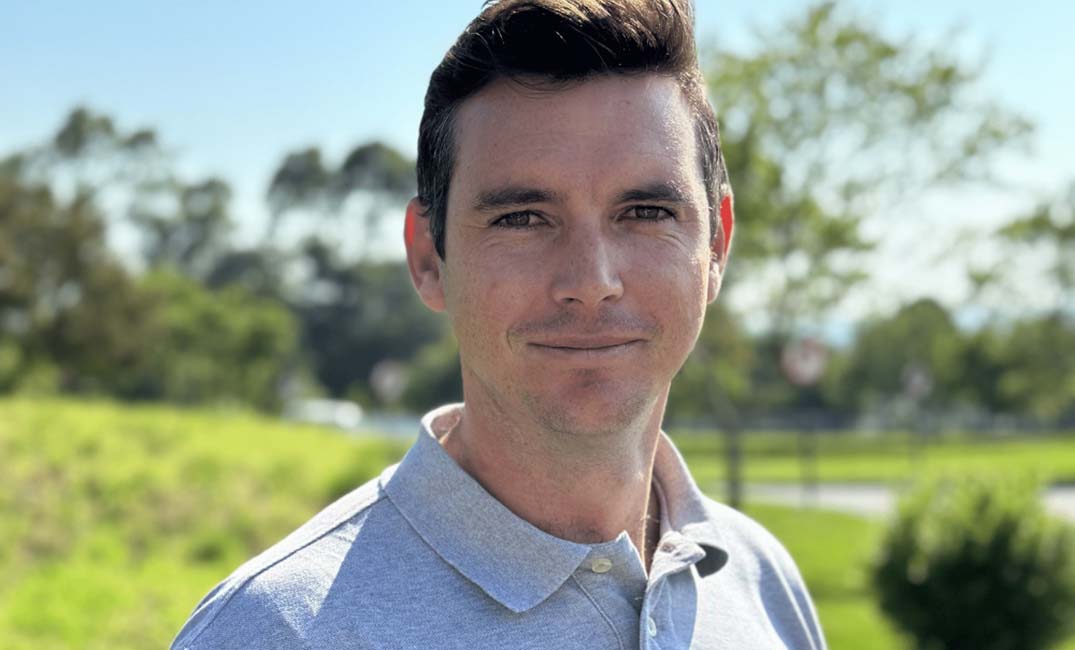Steep electricity tariff hikes mean South African consumers are still battling electricity woes, making the switch to solar more sensible than ever, says Versofy Solar co-founder and CEO, Ross Mains-Sheard.
South Africans are starting to feel the pinch of the 12,7% electricity tariff increase, which came into effect on 1 July, the latest in a raft of double-digit hikes in recent years. In addition, City of Johannesburg residents who use prepaid meters now have to contend with a new R230 (including VAT) fee for network and service charges, irrespective of the number of units purchased.
Although the recent reprieve from load shedding has given consumers some relief, high electricity prices are likely to continue for some time, with many expecting tariffs to double over the next five years. Localised outages, whether through ordinary faults or cable theft, are still a fairly common occurrence, and until Eskom’s long-term issues are fully resolved, there’s still a possibility that intermittent load-shedding could return.
The decision to switch to solar energy is a sensible one to make, now so more than ever. “A good starting point is understanding how solar technology contributes to overall energy efficiency in residential homes. Foremost in most South African consumers’ minds is the reduction in electricity bills that solar power can provide,” comments Ross Mains-Sheard.
According to an economic bulletin published by the South African Reserve Bank (SARB), Eskom’s electricity tariffs have increased by around 450% since 2008, a figure that exceeds inflation by a substantial margin. “The use of solar energy reduces the need for electricity from the grid, leading to significant savings on energy bills.
“Solar power also boosts a home’s energy independence by enabling homeowners to produce their own electricity as a safeguard against inevitable future tariff hikes. Residential solar power also supports the much broader goal of decreasing the country’s dependence on fossil fuels, a major contributor to the greenhouse gas emissions associated with climate change,” adds Mains-Sheard.
The news that solar panels will now incur a 10% import tax, in an effort to prioritise supporting local market demand, may have some worried about the overall affordability of switching to solar.
“As a homegrown South African business, Versofy SOLAR has long championed local manufacturers. However, until local companies can compete with international manufacturers on a cost, quantity and quality perspective, it may be some time before the 10% import tariff achieves the desired effect. The good news is, generally speaking, that the cost of solar PV panels decreases more than 10% each year. In contrast, Eskom increases prices at a similar rate,” concludes Mains-Sheard.
One of the major challenges to the mass adoption of rooftop solar power is the initial capital costs required to buy a solar system outright, which excludes many South African households from benefiting from solar power and the associated cost savings.
This is where rent-to-own and Solar as a Service can help, as it allows households to avoid the high upfront costs of solar equipment. Instead of purchasing a solar system outright, consumers have the option to pay a fixed monthly amount for the solar energy system to operate on their property, where everything, from installation to support, is covered in a monthly fee – making solar energy much more affordable and accessible for more people.
Beyond the immediate cost savings, we are quickly reaching the point where homes equipped with solar solutions are more economically viable than those without. Solar power adds to a property’s resale and rental value.
“While the exact resale value of a property depends on a number of factors, enhancing a property’s sustainability credentials not only reduces running costs but also increases its market appeal over the long term,” says Mark Allewell, CEO at Sensor Networks. “By adding a smart geyser device to this mix – using smart technology that integrates well with your solar setup, homeowners can be empowered to secure up to 40% in water heating savings, by using their excess solar energy to heat the water in their geysers.
“The added bonus? A smart geyser device can mitigate costly water damage insurance claims by immediately notifying you of any leaks, and shutting off the water supply valve before a burst geyser can do too much damage.”
Forward-thinking solar providers are constantly looking at ways of enhancing and extending their offerings to value-added services that optimise a home’s energy consumption and solar energy utilisation. Installing a solar system is always a significant decision, making it essential to choose a knowledgeable and supportive solar provider who has an established track record and expertise, from recommending the right solar system and installation to post-installation support.
Ultimately, switching to solar energy is the most practical response to escalating electricity tariffs, and it has the added benefit of being an investment in a more sustainable, independent, and cost-effective future.

